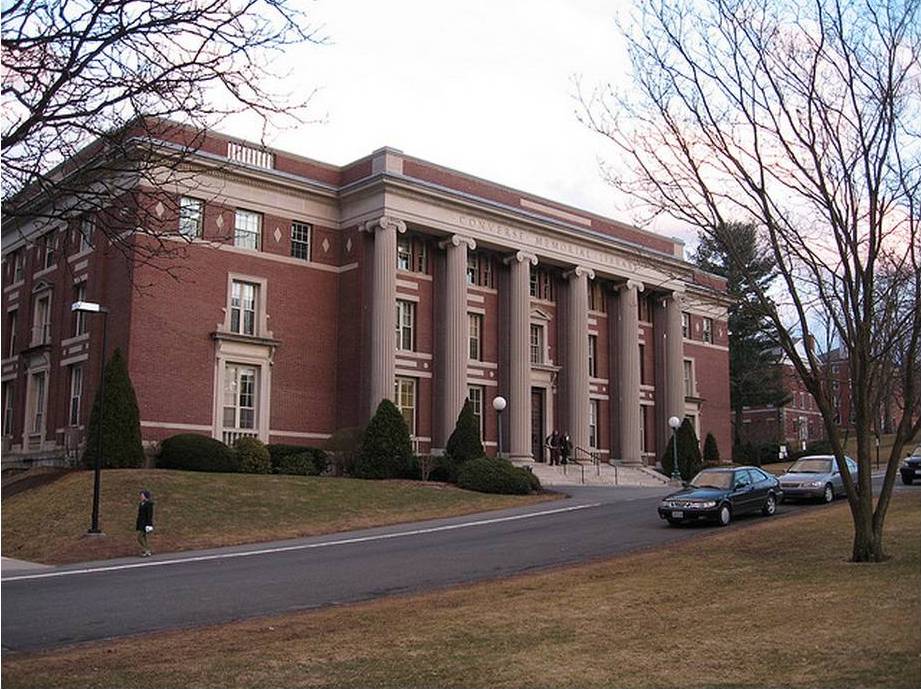

At the start of their last meeting of the semester, the faculty took a moment to acknowledge Professors Richard Goldsby and Lawrence Babb, of the Biology and Anthropology departments, respectively, who are both retiring at the end of the semester after distinguished and lengthy careers.
Much of the meeting thereafter focused on the increased accreditation demands of the New England Association of Schools and Colleges (NEASC), which is one of six regional associations providing the more than 3,000 institutions of higher learning with their accreditation.
NEASC brass, in a meeting with members of the administration and faculty earlier this year, reiterated that the NEASC simply asks whether or not students are actually learning. It aims to answer that question by asking each school to spell out its learning goals and ensuring that there exists a self-regulation mechanism to ensure that the goals are eventually met. Given the costs of an education at the College, along with its open curriculum, the question is particularly poignant.
Each department will be asked to digitally publish its learning goals. Moreover, the NEASC wants direct and indirect evidence of student learning. Direct evidence includes things like comprehensive exams, honor theses and student portfolios, but not GPA, while indirect evidence includes alumni and student surveys, data about the percentage of students who go on to graduate schools and graduate follow-up studies. These kinds of feedback loops are the primary mechanism by which schools are asked to self-regulate. Departments are also expected to provide information about whom, if not the whole department, interprets the evidence, recommends changes and whether or not the changes are implemented.
Some professors, however, questioned whether or not this increased focus on goal-based learning, substantiated with evidence and data, has had any effect on the curriculum since being implemented, given that the College’s open curriculum is unique.
College housing also came up at the meeting, as the faculty discussed their review of the College’s housing policies. The College provides two different options for professors interested in purchasing a College-owned home, as well as providing rental units.
Tenured professors are allowed to purchase a College-owned home at 80 percent of its appraised value and resell it at 80 percent of its appraised value upon retirement. Tenured faculty are also permitted to take out second mortgages with help from the school.
But the system provides little incentive for young professors with relatively low salaries to renovate their homes once purchased, since it’s unlikely that they’ll be able to recoup all of their expenses. One suggested proposal would have professors purchase only the house from the College, and lease the land it sits on, which would help defray the costs of owning a home.
The increased ranks of the faculty, and the expected hiring surge, have also put a strain on the rental units that are currently provided for roughly 80 non-tenured faculty, as several people have been turned away in the past couple of years. But there are several College-owned homes that have remained vacant for years, as many as five of which can be converted to rental properties by next summer.
The College will hire a consulting firm in the next couple of weeks to further investigate the details of these proposals before taking them to the Board of Trustees.